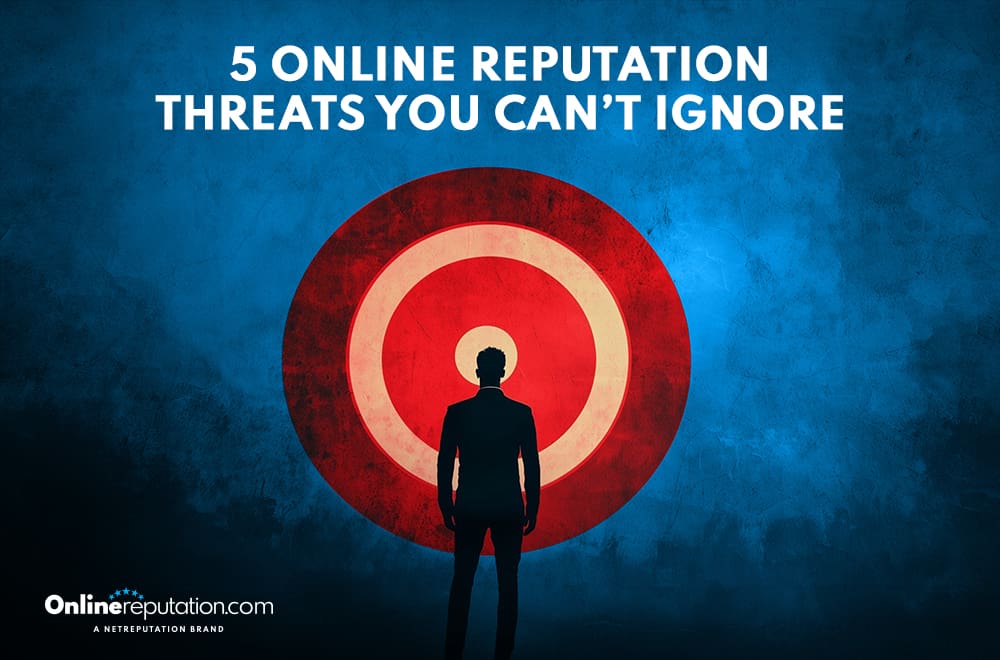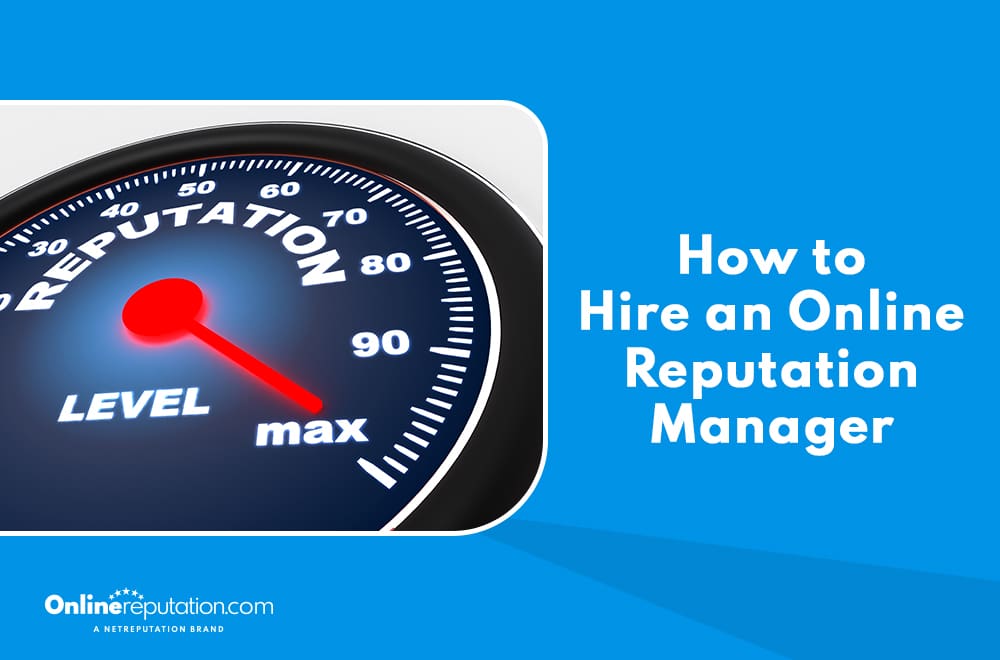
Your online reputation is one of your most valuable assets. It shapes public perception, influences potential customers, and defines your brand’s credibility. Managing your online reputation has never been more critical, especially when social media posts and online reviews can gain traction in seconds.
Why Online Reputation Management Matters
Online reputation management (ORM) is essential for safeguarding your brand’s image in an era where every interaction is amplified through online platforms and social media profiles. Search engines and review sites often serve as the first point of contact for potential customers. A single negative comment, false narrative, or mishandled customer interaction can have a ripple effect, impacting public opinion and customer satisfaction.
The rise of false information, smear campaigns, and cybersecurity threats has leveled the playing field, making it crucial for businesses to implement proactive ORM strategies. Monitoring brand mentions, managing social media accounts, and addressing issues promptly are vital practices to protect your company’s reputation.
Common Online Reputation Threats
1. Negative Reviews and Comments
Negative reviews are among the most visible and impactful threats to a brand’s reputation. A single poor review on a major platform can influence customer trust and deter potential customers.
How to Manage Negative Reviews:
- Monitor Online Feedback: Use tools like Trustpilot or Google My Business to track reviews.
- Respond Promptly and Professionally: Address concerns with empathy and offer solutions.
- Encourage Positive Feedback: Ask satisfied customers to leave reviews, creating a balanced online narrative.
2. Social Media Smear Campaigns
Social media platforms can amplify coordinated smear campaigns, spreading false information and damaging your reputation. Malicious actors may create fake profiles or exploit trends to attack your brand.
How to Protect Against Smear Campaigns:
- Secure Social Media Accounts: Use strong passwords, enable two-factor authentication, and limit admin access.
- Monitor Brand Mentions: Employ AI tools like Hootsuite to identify suspicious activity or spikes in negative sentiment.
- Have a Crisis Plan Ready: Prepare a response strategy to address misinformation swiftly and transparently.
3. Data Breaches and Leaked Information
Cybersecurity threats such as data breaches can erode trust and lead to significant reputational and financial damage. Leaked customer data or financial information often results in negative publicity and regulatory scrutiny.
How to Prevent Data Breaches:
- Strengthen Cybersecurity Measures: Regularly update systems, use encryption, and conduct vulnerability assessments.
- Train Employees: Provide training on recognizing phishing scams and maintaining secure practices.
- Develop an Incident Response Plan: Quickly address breaches to mitigate damage and reassure stakeholders.
4. False Information and Fake News
Misinformation spreads rapidly, especially through social media and online forums. False narratives can damage public trust and negatively affect brand reputation.
How to Counter Fake News:
- Actively Monitor Online Platforms: Use tools like Brandwatch to identify and address misinformation early.
- Share Accurate Information: Use official channels to provide facts and dispel rumors.
- Educate Your Audience: Help customers differentiate credible sources from false claims.
5. Poor Management of Social Media Interactions
Social media is a powerful tool for engagement, but poor management can lead to reputational harm. Ignoring comments, failing to respond to inquiries, or posting inappropriate content can alienate customers and damage trust.
How to Improve Social Media Management:
- Maintain Consistency: Use a professional tone across all platforms.
- Engage Regularly: Respond to questions, thank customers, and address complaints promptly.
- Train Your Team: Establish guidelines for managing social media accounts to ensure consistency and professionalism.
Proactive Steps to Protect Your Online Reputation
1. Monitor Brand Mentions and Online Activity
Regularly tracking brand mentions on social media, review sites, and search engines helps you detect potential threats early. Tools like Google Alerts, Mention, or Reputation.com can help you stay informed.
2. Respond to Feedback Quickly
Negative feedback is inevitable, but your response can make all the difference. Address concerns with empathy, provide actionable solutions, and invite further discussion offline when necessary. This approach shows commitment to customer satisfaction.
3. Secure Your Digital Assets
Strengthen your online security by using tools like password managers, enabling two-factor authentication, and educating employees about phishing risks. A secure digital infrastructure protects against unauthorized access and minimizes risks.
4. Collaborate with Reputation Management Experts
Professional reputation management services can offer tailored solutions to safeguard and enhance your online image. These specialists use advanced tools to manage crises, improve search engine rankings, and counter negative press effectively.
5. Build a Positive Online Presence
Focus on creating high-quality content that resonates with your audience. Share customer testimonials, industry insights, and success stories to establish authority and trust. Actively engaging with your community on platforms like LinkedIn, Twitter, and Instagram strengthens connections and bolsters your brand.
Conclusion
Online reputation is a critical asset. From negative reviews to data breaches and false information, the threats are real and can severely damage a company’s reputation if left unaddressed.
By taking proactive steps like monitoring activity, securing accounts, responding to feedback, and seeking professional assistance, businesses can protect their brand and foster a reputation of trust and reliability.
You might also like
How to Hire an Online Reputation Manager in 2025
Your online reputation is one of your most valuable assets. It shapes public perception, influences potential customers, and defines your …
